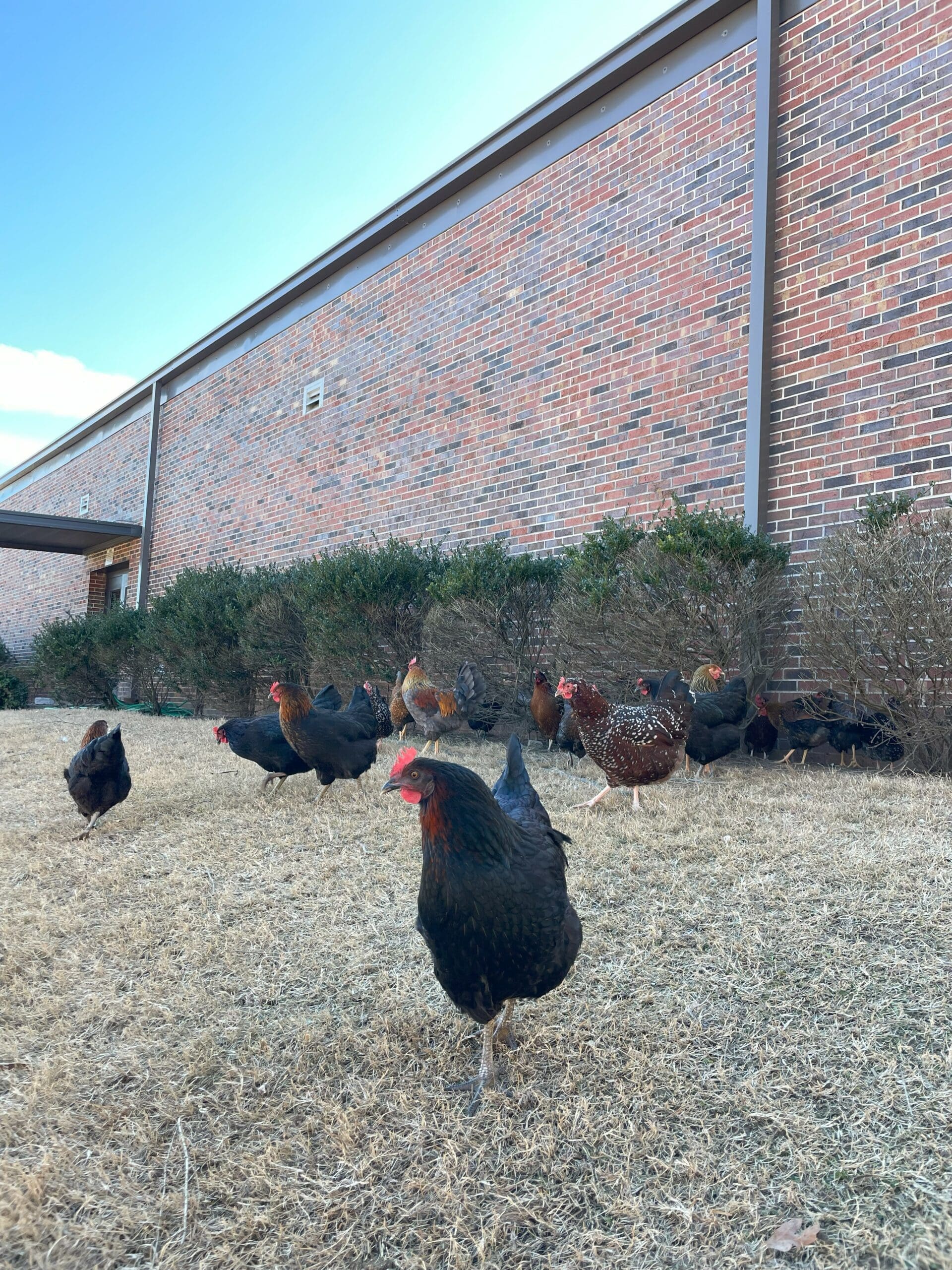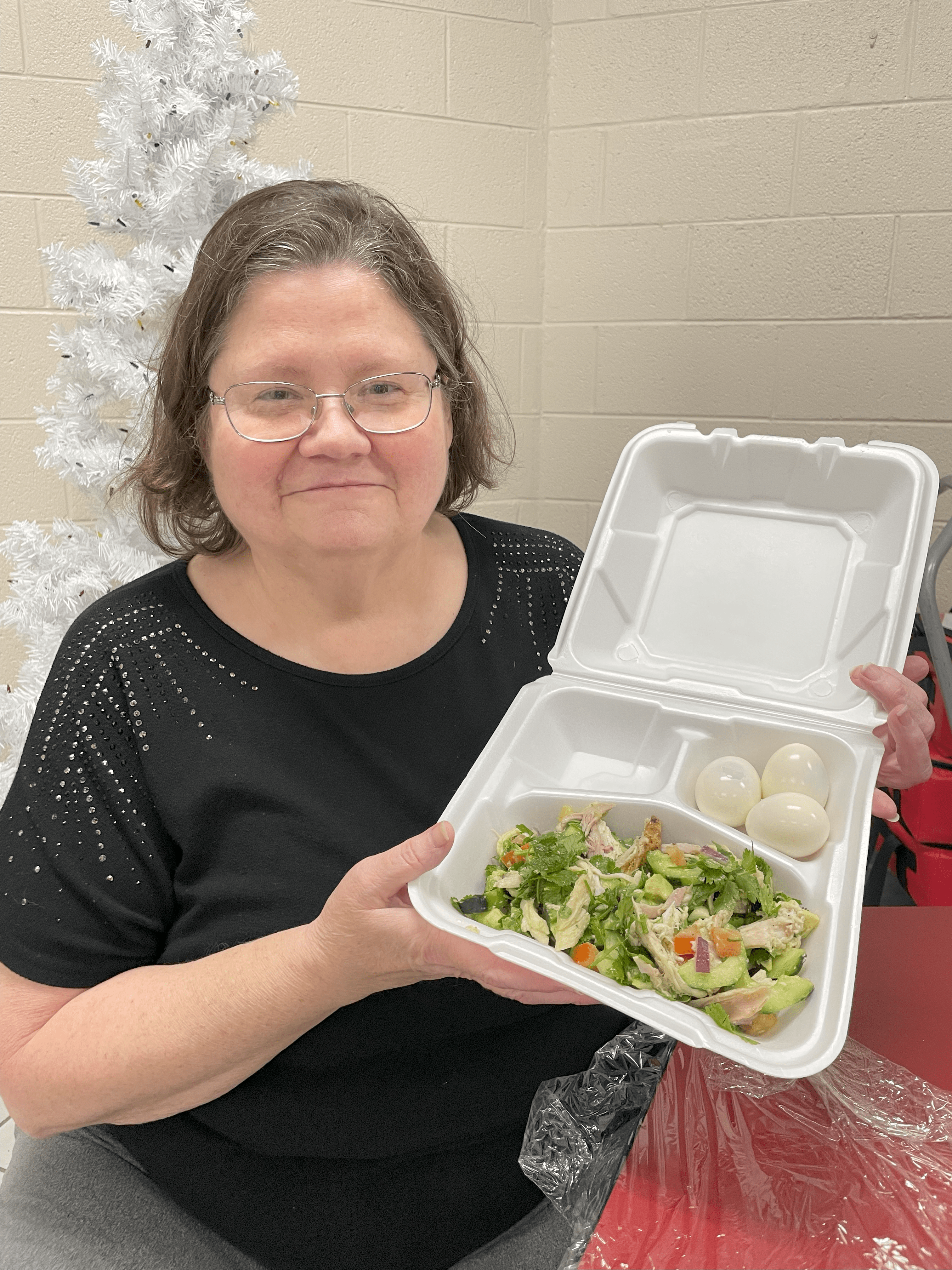In rural Tennessee, a quiet revolution is transforming school cafeterias.
The Farm to School movement is gaining momentum, led by local champions — child nutrition directors and farmers — who are reshaping how students connect with their food.
One such leader is Lisa Seiber-Garland, School Nutrition Director for the Trenton Special School District. With over two decades of experience, Lisa has been a driving force behind introducing fresh, local produce into the schools, benefiting the more than 1,400 students served breakfast and lunch daily.
Communities Unlimited (CU), alongside partners Eat Real and Healthy Flavors, is gearing up for a Farm to School gathering in Tennessee to celebrate the efforts of individuals like Lisa. This event is part of a broader initiative to recognize the unsung heroes who are expanding access to local agricultural products in school cafeterias. For Lisa, this work is deeply personal.
“I’ve been with the Trenton Special School District for 21 years. I handle everything from planning menus and managing the bid process to applying for grants and collaborating with local farmers. It’s about giving our kids access to fresh, nutritious food and teaching them where it comes from.”
— Lisa Seiber-Garland, School Nutrition Director of Trenton Special School District
A cornerstone of Lisa’s efforts is her involvement in the Farm to School grant program, which has transformed food sourcing in the district. “With the Farm to School grant, we bought chicken coops, chicken compost, and we’re raising chickens,” Lisa said. “They’re laying eggs that we use in the schools, and any excess goes to the community kitchen and the jail.”

In addition to raising chickens, the district has installed five hydroponic towers to grow its own lettuce, with one tower dedicated to the after-school culinary program. The grant also funds a portable kitchen for after-school students and supports a high school special needs classroom where students learn life skills by harvesting and preparing food.
“We’re not just feeding students — we’re teaching them,” Lisa explained. “The kids are involved in growing food, and when they see an egg, they know it came from the chickens they can visit at the high school.”
This connection to local farming goes beyond school-grown produce. Lisa has fostered partnerships with vendors like Blackberry Pond and Tyler Bale Farms to source fresh produce, while Stockyard Market provides beef used in various meals.
“We’ve been able to offer students fresh, local foods that are amazing — foods many of their parents can’t afford,” Lisa said. “Through us, they have access to these healthy options.”
Sue Miller, co-owner of Blackberry Pond Farm, praised Lisa’s leadership in the farm-to-school movement. “Lisa has been amazing,” Sue said. “She’s enthusiastic, an excellent communicator, and incredibly easy to work with.”
Lisa’s vision extends beyond the cafeteria. She hopes to inspire a new generation of food-conscious, self-sufficient individuals. “My goal is for these kids to learn how to raise their own food and be self-sufficient,” Lisa said. “I hope we can eventually provide seeds through the after-school program so kids can start their own gardens at home, even if it’s just tomatoes.”
Through the Farm to School program, Trenton Schools have made great strides in providing healthy, local food to students while supporting local farmers. “I’m proud to help our local farmers because that’s investing in our future as well,” Lisa said.
As the Farm to School movement grows, so does the network of partnerships between farmers, schools, and organizations like CU. Together, they are building a healthier future — one meal at a time.

“There are challenges, of course, but this work is so rewarding. Watching the kids get excited about trying new foods, seeing them understand where their meals come from — it makes everything worth it. There’s nothing else I’d rather do.”
— Lisa Seiber-Garland

